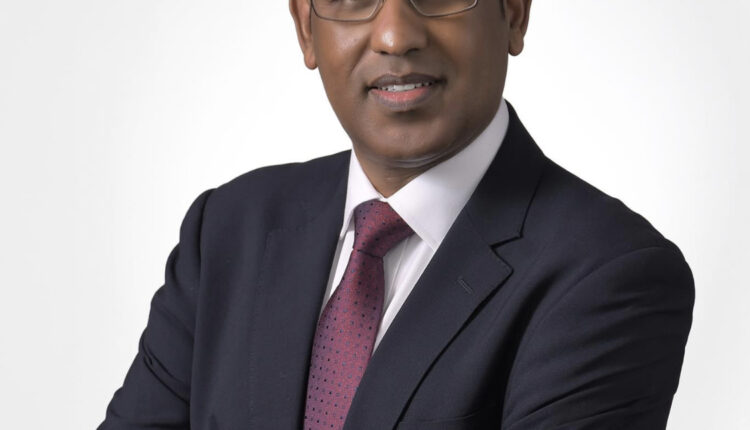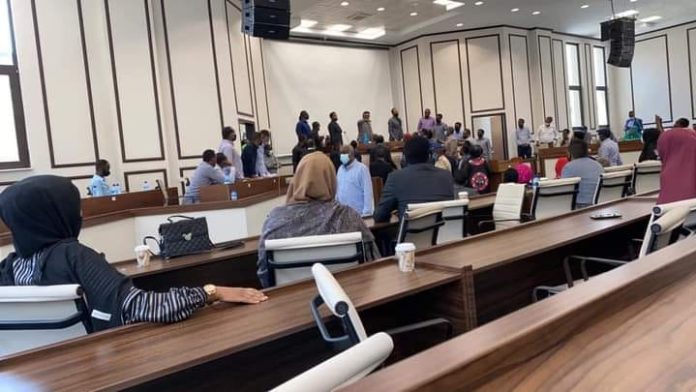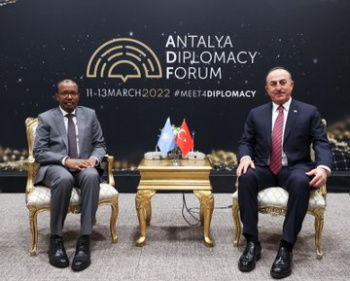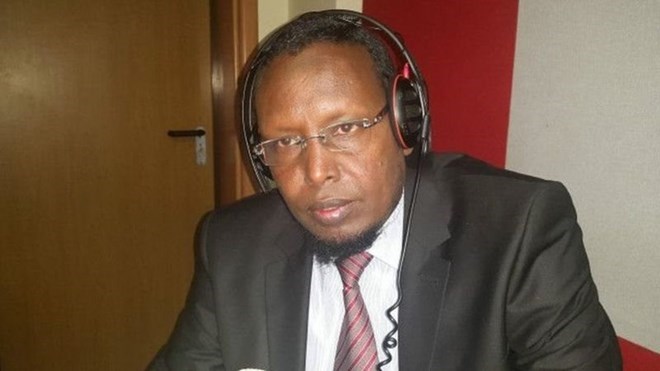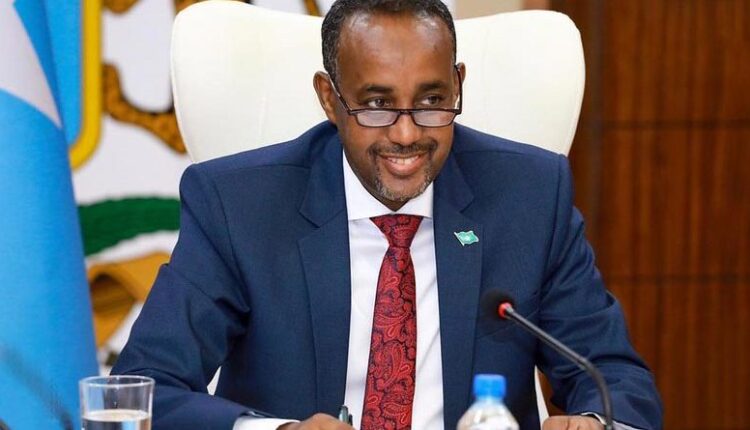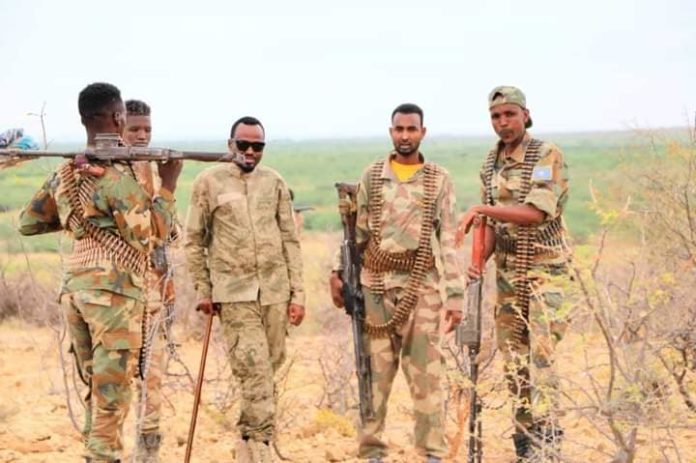Sundance award winning film “Fishing Without Nets” humanises Somali pirates

Piracy, plot twists and plenty of action are packed tightly into the 2014 Sundance Award-winning feature Fishing Without Nets. The thriller has enough gun toting to keep the audience hooked, but enough heart to make people reconsider their disdain for Somali pirates.
It was a 2009 New York Times article that caused director Cutter Hodierne to look into piracy. “The fact that these young guys had accidentally started an international incident was really fascinating to me, because they were doing it for some basic need [money]. That was one of the big articles that I was really interested in at the time.”
The film follows a fisherman, Abdi (Abdikani Muktar), who is struggling to provide for his wife and son. He abandons fishing for piracy in pursuit of more money, but he is not cut out for the trade which requires an aggression he does not naturally have. The issue of piracy is complicated and misunderstood by the world.
Originally a short, Fishing Without Nets premiered at Sundance in 2012 and won the Grand Jury Prize. “Making the short was extremely tough as we had limited resources. The difficult conditions we faced while shooting the short ultimately gave us the tools we needed to turn it into a feature,” Hodierne said in a previous Q & A . The filmmaker partnered with Think Media to make a full-length feature financed by VICE Films, and co-produced by Kenyan based production company Ginger Ink (“Nairobi Half Life” and “Veve”) to the tune of $2 million. The second film earned Hodierne the 2014 Sundance U.S. Dramatic Directing Award.
In a powerful scene, a French hostage named Victor (Reda Kateb) says to Abdi in frustration: “You’re not a fisherman, you’re a pirate.” An angry Abdi, who considers Victor a friend, does not see himself as a bad person. That powerful moment reminds the audience of a larger problem at play when it comes to piracy in Somalia; poverty and the consequences of having a failed state.
Another insightful part of the film is when the hostages are rounded up on the ship, and the pirates discuss the value of the people based on their nationalities. The scene is an example of the pirates’ “misunderstanding of western wealth,” according to the filmmaker. The white hostages are believed to worth more than the Asian and African hostages.
Hodierne said of directing the largely Somali cast, “Sometimes I would act it out and be explaining it – so the translation was happening while I was doing something. [The translators] both took their job very seriously, and made sure the details were getting through.” On the Somali cast members, Hodierne said, “None of them has ever acted before, besides our short.”
On making the film ethically, Hodierne revealed of the production agreement, “Ginger has a completely no bribery-at-all policy, so she won’t do that. There were times when we were tempted and she wouldn’t allow it, because once you begin the cycle doesn’t end.”
Acknowledging the distribution challenges in Kenya, Hodierne remarked, “People can buy a bootleg version from our cast, I mean seriously. [Laughs]. If someone’s going to steal the movie, I’d rather it be Abdi [Abdikani Muktar] and the cast than someone else.”
Before the interview ends, Hodierne who was U2’s official “filmmaker on the road” drops a surprising revelation: “I’d love to work with P-Square, and I would love to work with Juba,” he said. The filmmaker added: “I would do a video for them in a second, they should hit me up!”
What film buffs will love is Fishing Without Nets for covering piracy in an artful and authentic way.













